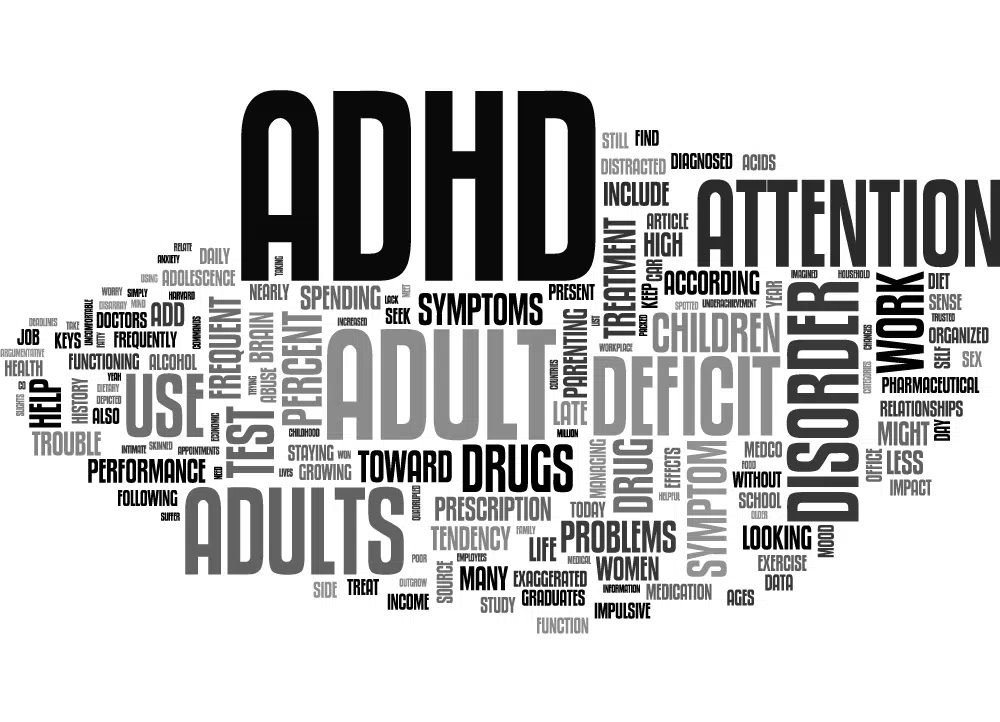Couldn’t resist those beautiful black pumps you saw at the store – even though you already have seven pairs of black pumps? Did you really need those donuts from the break room? Do friends or family members tell you that you never let them finish what they’re saying?
Acting impulsively is one of the most serious symptoms of ADD in adults. Impulsive actions may lead to financial difficulties, health problems and failed relationships. If you’ve gone through adult ADD testing or have asked yourself, “Do I have ADD?” these challenges may be only too familiar to you.
Your impulsive actions may be keeping you from living your best life. But you can take positive steps to change that. As we say at the Sachs Center, which offers ADHD testing for adults and children, there isn’t a cure for ADHD, but there are solutions that can help you manage your condition and make the most of your strengths and weaknesses.
Dr. George Sachs is not only a preeminent ADD/ADHD doctor, he is living with ADD. He understands all about impulsive behaviors and about the limitations of traditional treatments for ADD in adults. In looking for answers and solutions, Dr. Sachs has found that the best way to overcome those impulsive tendencies is through meditation and mindfulness.
A lot of people think they know what meditation is and have convinced themselves they can’t do it because they can’t turn their thoughts off. But meditation doesn’t require a lack of thoughts, it’s about not getting caught up or engaged in those thoughts.
As a very helpful lesson on Headspace, a free meditation app you can download for your phone, explains, when you’re meditating your goal is to acknowledge those random thoughts and then just let them pass right by. Headspace offers a short, animated clip that illustrates this aspect of the practice. Meditating, they say, is like sitting by the side of the road and watching the traffic go by. Each car, truck, van and SUV speeding by is a thought generated by your active brain. If you’re meditating, you can recognize them as they come speeding at you, but then just let them pass on by. The point is not to jump in front of a speeding vehicle and try to stop it. In other words, let the thoughts that pop into your mind go without engaging in them.
Meditating on a regular basis can help you develop a greater awareness of your thoughts and of your emotions. Meditation can even help make you more aware of your body and the way it interacts with the physical world. This awareness will better enable you to slow down and implement the self-control needed to control the impulses associated with ADD in adults – and, for that matter, in children.
If you would like to read more about meditation, Dr. Sachs recommends two books on meditation. One is Russell Simmons book, Success Through Stillness. The other, How To Meditate, is by a famous female monk, Pema Chodron. Both books, he says, offer a practical guide to the art of meditation.
And, if you have plenty of good intentions but are running short on motivation, like so many adults with ADD, Dr. Sachs recommends seeking strength in numbers. In other words, find a group of people to meditate with. You may be able to find a meditation center or meetup group near you.
For more tools to help you manage your ADD, including neurofeedback for ADHD, or for ADD testing in NYC, call the Sachs Center at 646-807-8900, text us at 646-418-5035 or send an email to george.sachs@sachscenter.
